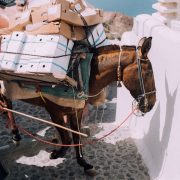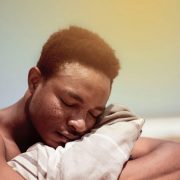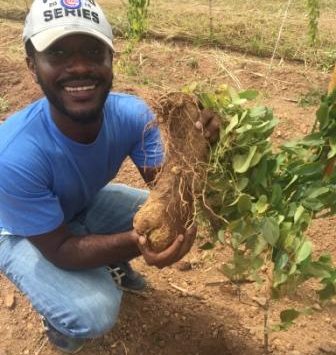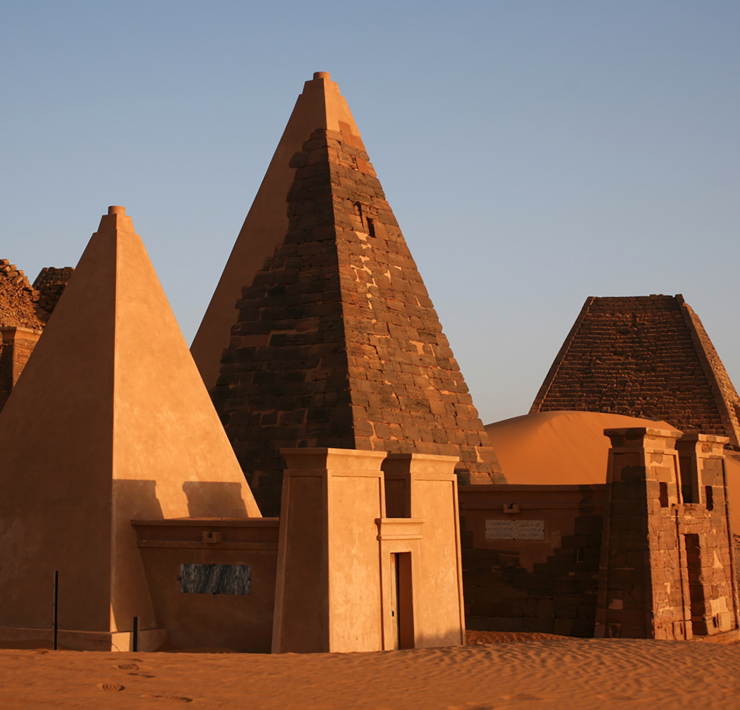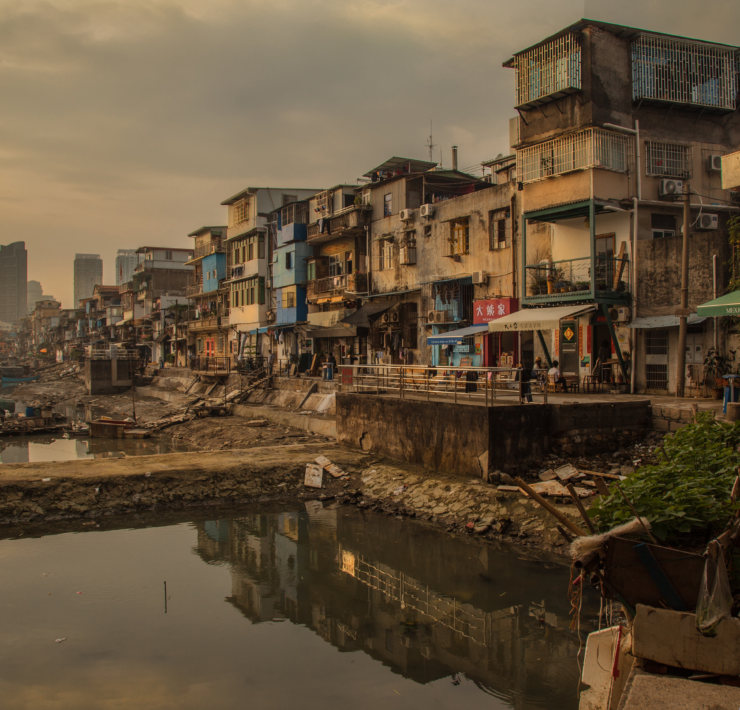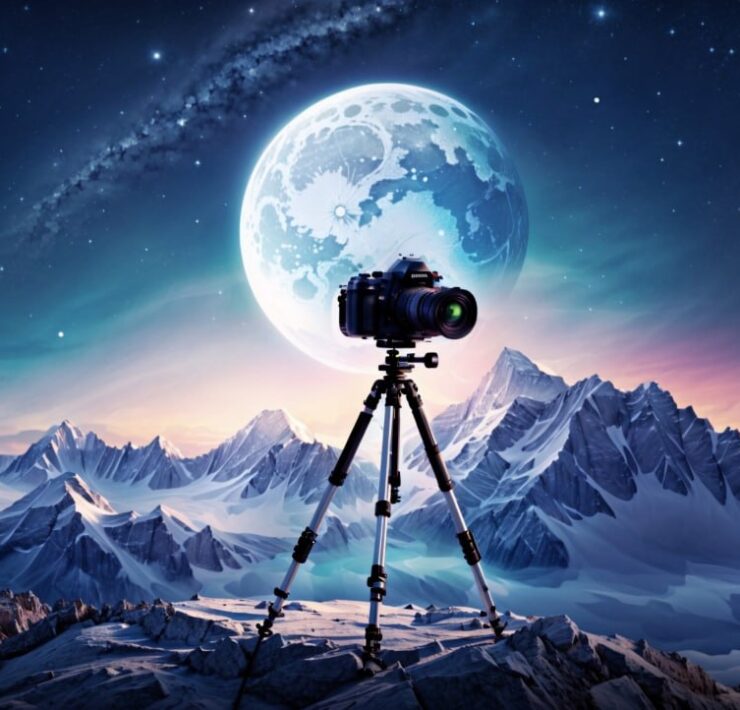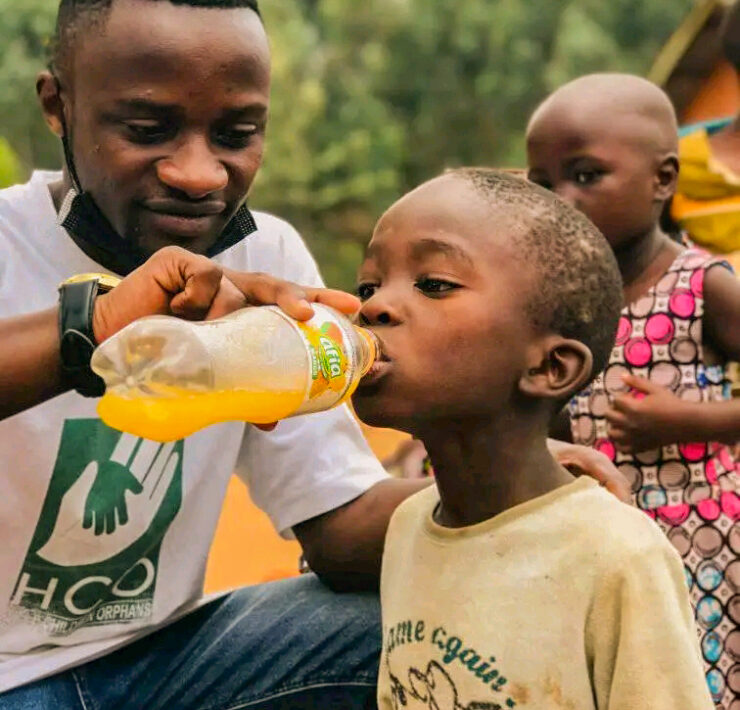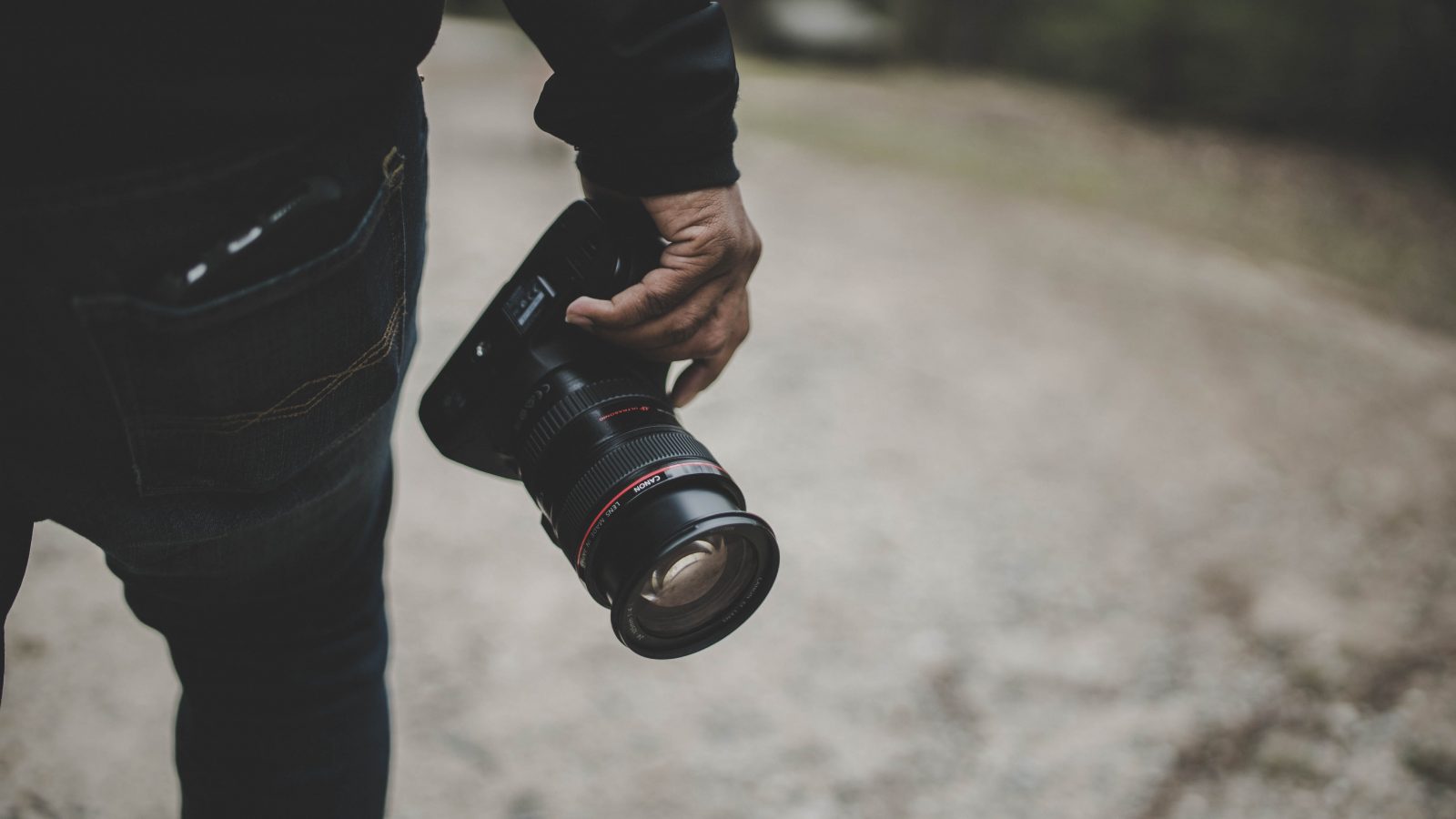
Samuel Phillips is a writer, graphic designer, photographer, songwriter, singer…
Read Next
A CALL TO AFRIKAN PHOTOGRAPHERS
I love Afrika and sincerely speaking, I am passionate about her image and how that image speaks for her both within and outside of Afrika. Image and expressions are powerful tools that can be used for telling the story of a people and also a tool that can used for controlling those same people. I believe this is why the media as a sector that uses a lot of imageries and expressions to sell news and narratives, is the most powerful sector alive today, when it comes to creating, twisting, telling, re-telling and changing of a people’s narrative and expectations.
Why is that?
He who controls the media, controls the tools of creating narratives and he who controls the narratives, controls the perceptions, concepts, ideology, thinking, expectations of the people and by that, controls the people and their own reality. This is a foundational tool in the war by the imperialists to subjugate others, especially as it relates to the proud West and even the East that are trying to keep Afrika in perpetual slave chains and the cave-men narratives that they keep spinning everywhere about Afrika.
The innate passion within me, which seeks to project a more accurate and real image of Afrika as a continen and Afrikans as a people, is one major reason for my passion for photography. I love photography to bits and obviously, photography is one major part of my creative tools to tell a more accurate and true story of Afrika’s diverse life, culture and people.
It is not new news that Afrika and Afrikans are going through a lot of foreign and local propaganda just to keep her in a state of dependency on those who claim that without them, Afrika is lost – yet the opposite is true. They use all manner of tools, especially photography to keep this untrue narrative of dependency, poverty, malnutrition, violence, terrorism in Afrika. But can you really blame them or will you blame Afrikan photographers whose only reason for going into photography is for the money they make at weddings and parties. Most of them are not thinking about the positive Afrikan narrative that can truly create the right image about Afrika through their craft.
It’s not just me
Sometimes I really wonder if people, or let me say, Afrikans are really passionate about creating change in Afrika or they are just ok with complaining and throwing punches at every wind blowing around them, without taking time to critically reason out what is needed for the change that they want. But recently I saw an article that showed me that there are others out there who are getting their hands and boots dirty just to create a better image of Afrika. In this article that I read recently, the author wrote about why aid agencies don’t like to hire local talent for their local projects. And this, she was speaking from the direction of photography and the talent that is available in Afrika. I don’t have permission to put the article here, but I will highlight a few things from what she wrote for clarity.
She said “When UNICEF needed photos from Bolivia, India, Jordan, Malawi, Myanmar and Niger to illustrate their clean-water campaign, did they hire local photographers in each of those countries? No, they engaged an Australian man living in New York.”
She tried to give reasons for this abnormal behavior. She went further to say that ” In the case of photography, there’s simply no good excuse. Every country has photographers able to produce excellent work… and they’ll charge less than a globe-trotting Westerner. Why does the aid industry give so many assignments — especially the bigger ones with higher pay and travel opportunities and which are crucial for building up resumes — to Westerners?”
I was, however, more amused at the twitter responses she got for the article. Let me put a few of the twitter comments below:
First response:
The writer dares not say the reasons as: (1) Perpetuating the White savior complex; (2) Reinforcement of racist stereotypes by having people not tell their own story.
[Author replies: I decided it was more effective to let readers draw their own conclusions on this. I don’t know if that makes me a coward, or a diplomat. You, sir, are neither. Thanks for commenting.]
Second response:
Because their photographer will capture Africa in the worse light possible and keep perpetuating the image of Africa they want the world to see and believe as per their real mission.
[Author replies: This is an important dynamic, and I missed it in the story. Several readers made similar comments, such as the next couple. Thank you, all.]
Third response:
A local photographer will do his best to make his community show the best it has to offer while a foreign one will do exactly what they want.
Why do we need aid workers to tell our Afrikan story anyway?
I do not know if you are seeing what I am seeing from the excerpt of the article and the comments from those who read it, but it is clear in my mind that, our inability to tell our own story, for whatever excuse we may have or limitation we think we have, is what is making others tell our stories, but from a twisted perspective. We have to change this and the time is now.
I have gone to a few Afrikan countries within the past three years. One thing that keeps being highlighted for me it how there is no difference in the Afrikan that is from the North, West, South or East. And another thing is this, it seems this attitude of “our hands are tied” or “what can we really do to change things” or “we have tried all we can” is the one factor that is keeping Afrikans in a state of helplessness.
But are Afrikans really helpless?
Not true and never will be true. We are not helpless. We just mostly don’t have die-hard and passionate people who don’t care about self gains and who will go the lengths required to do what must be done and then do it for the right reason, which is a pan-Afrikan approach to the liberation of Afrika.
I do not really care about what outsiders, foreign aid workers or anyone who has never felt the Afrikan pain, say about Afrika. I care more about what Afrikans say about themselves. And quite frankly, I am not seeing enough Afrikans saying the right things. And that I believe is so because, most of them have lost sight of the positive Afrikan reality and have embraced the faulty and weak ideology about Afrika which has always been the plan of the foreign media tools. But is there a solution?
Introducing Aduaaya.com
I am not one of those who sit on their behinds, complaining about how things are not changing in Afrika, but then won’t take part in the various ideas put in place for change to happen.
At the same time that this magazine went live in 2018, we also launched a stock photography website where we share free high resolution photos from Afrika and by Afrikans. We started this website with a simple intention in our mind and which is capture below:
Vision: To capture and share with the world the unseen and the unknown beauty and purpose of Africa.
Mission: Re-framing Africa one photo at a time.
We have been passionately doing this project with all we have, but clearly we need more passionate Afrikan photographers to come on board and join us in building a better image about Afrika.
So are you a passionate Afrikan photographer or do you know anyone who is and who wants to join this movement of true Afrikan image makers, you can reach out to us at captured@aduaaya.com
To see and also download free Afrikan photos by Afrikans from the website, you can use the link below:
www.aduaaya.com
Subscribe now for updates from Msingi Afrika Magazine!
Receive notifications about new issues, products and offers.
What's Your Reaction?
 PIN IT
PIN ITSamuel Phillips is a writer, graphic designer, photographer, songwriter, singer and a lover of God. As an Afrikan content creator, he is passionate about creating a better image and positive narrative about Afrika and Afrikans. He is a true Afrikan who believes that the true potential of Afrika and Afrikans can manifest through God and accurate collaborations between Afrikans. Afrika is the land of kings, emperors, original wisdom, ancient civilizations, great men and women and not some road-side-aid-begging poor third world continent that the world finds joy in undermining.








